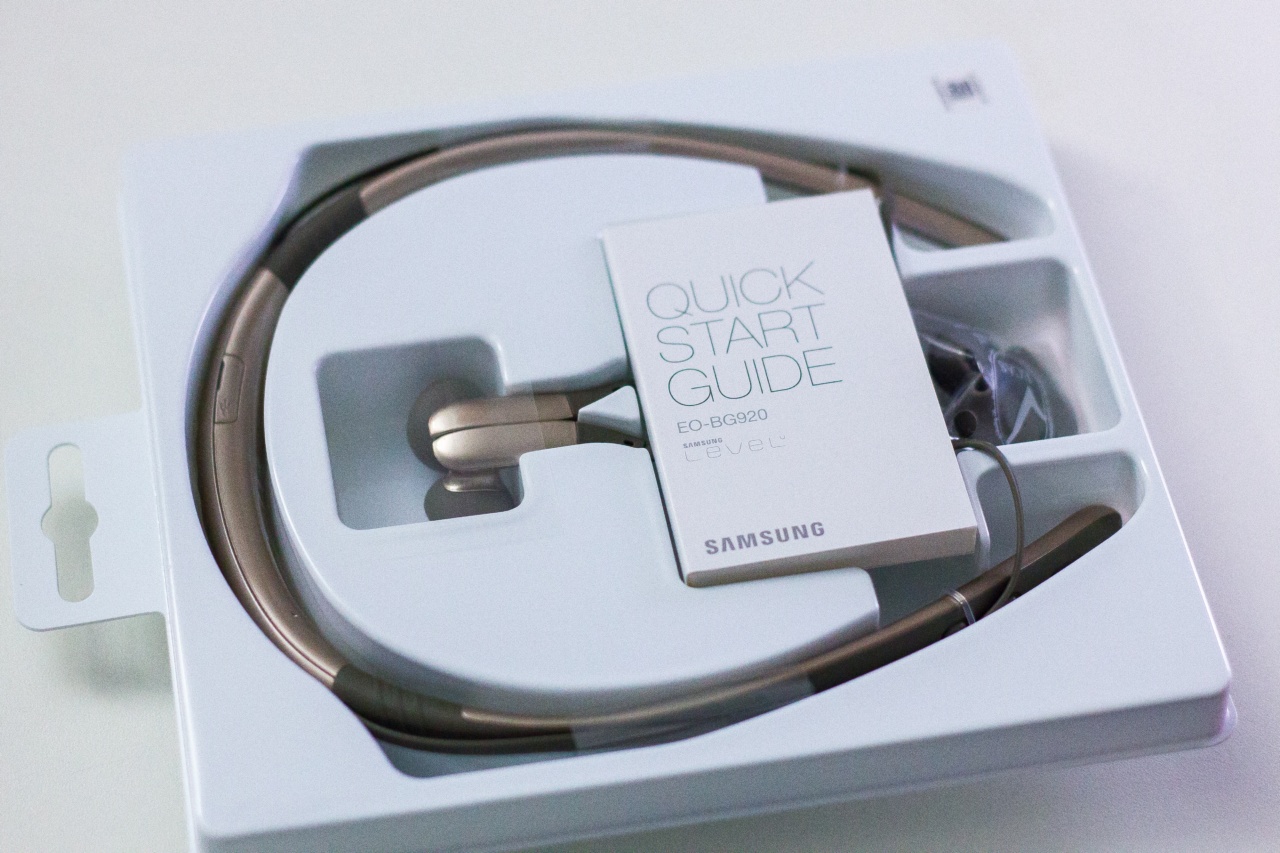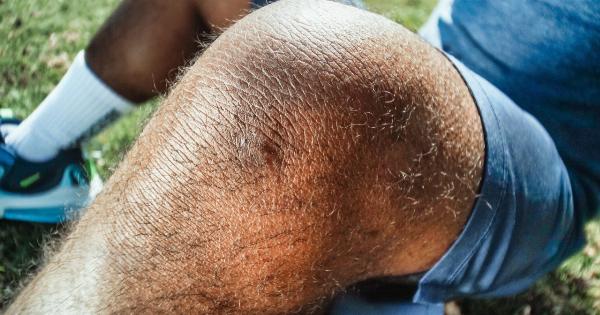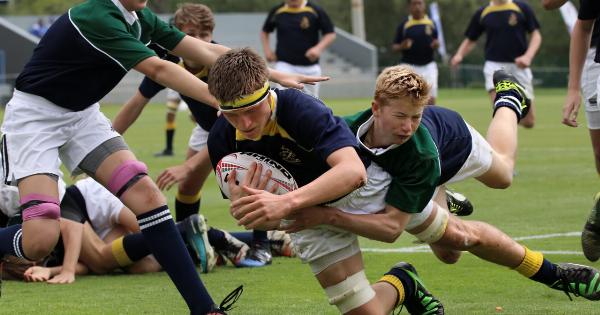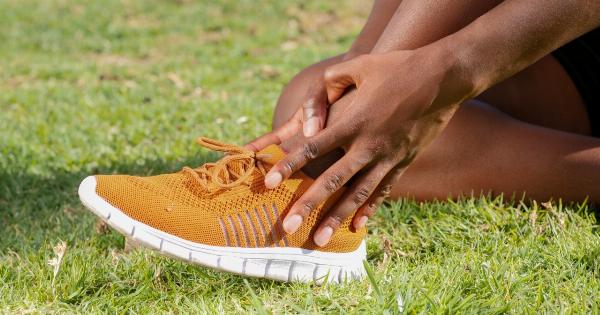Sports injuries are a common occurrence among athletes of all levels. Whether you are a professional athlete or a recreational player, the risk of injury is always present.
While some injuries may be minor and easily treated, others can have long-lasting effects and may require extensive medical attention. In such cases, understanding your rights and options for compensation is crucial. This guide aims to provide you with the necessary information to navigate through the process of seeking compensation for sports injuries.
Understanding Sports Injuries
Sports injuries can vary in severity, depending on factors such as the type of sport, intensity of physical activity, and individual conditioning. Common sports injuries include sprains, strains, fractures, dislocations, and concussions.
These injuries can occur due to a sudden impact, repetitive motion, or overuse of certain body parts. It is important to understand the specific nature and cause of your injury in order to determine if you may be eligible for compensation.
When Can You Seek Compensation?
While not all sports injuries may qualify for compensation, there are certain situations where you may be able to make a claim:.
1. Negligence by Another Party
If your injury was caused by the negligence of another party, such as a coach, trainer, or equipment manufacturer, you may be able to seek compensation.
Examples of negligence can include improper training techniques, failure to provide adequate safety equipment, or faulty equipment.
2. Dangerous Playing Conditions
If you were injured due to hazardous playing conditions that should have been addressed by the facilities or event organizers, you may have a case for compensation.
This can include situations such as poorly maintained playing surfaces, inadequate lighting, or insufficient security measures.
3. Medical Malpractice
If your sports injury was exacerbated or mishandled by a medical professional, you may have grounds for a medical malpractice claim. This can include misdiagnosis, improper treatment, or surgical errors.
The Compensation Process
Seeking compensation for a sports injury involves several steps:.
1. Gather Evidence
To support your claim, it is crucial to gather any relevant evidence. This may include medical records, photographs of injuries, witness statements, and any documentation relating to the negligent party’s actions or lack thereof.
2. Consult Legal Advice
It is advisable to seek the advice of a personal injury attorney with experience in sports injury cases. They can review your case, determine its merits, and guide you through the legal procedures.
3. File a Claim
Your attorney will help you file a claim against the responsible party. This may involve drafting legal documents, contacting insurance companies, and negotiating on your behalf.
4. Settlement or Lawsuit
Depending on the circumstances of your case, negotiations for a settlement may take place. If an agreeable settlement cannot be reached, your attorney can guide you through the process of filing a lawsuit and representing you in court.
Compensation Types
If your claim is successful, you may be eligible for various types of compensation:.
1. Medical Expenses
You may be entitled to compensation for all medical expenses related to your sports injury. This can include doctor visits, hospital stays, surgery, medications, physical therapy, and any necessary assistive devices.
2. Loss of Earnings
If your injury has caused you to miss work or has impacted your ability to earn income, you may be eligible for compensation for lost wages. This can include both past and future earnings.
3. Pain and Suffering
Compensation may also be awarded for the physical and emotional pain and suffering caused by your sports injury.
This can include the impact on your quality of life, mental anguish, and the loss of enjoyment of activities you were previously able to participate in.
4. Rehabilitation and Disability
If your sports injury has resulted in long-term or permanent disability, you may be entitled to compensation for ongoing rehabilitation, assistive devices, and any necessary modifications to your living situation.
Seeking Compensation: Time Limitations
It is important to note that there are time limitations for seeking compensation for sports injuries. These limitations, known as statutes of limitations, vary depending on the jurisdiction and the nature of the claim.
It is crucial to consult with a personal injury attorney as soon as possible to ensure that you do not miss any deadlines.
Conclusion
While sports injuries are an unfortunate reality for many athletes, understanding your rights and options for compensation is essential.
By recognizing situations where you may be eligible to seek compensation, gathering evidence, and seeking legal advice, you can navigate through the process more effectively. Remember to consult with a personal injury attorney to better understand the specific legal considerations in your jurisdiction.




























